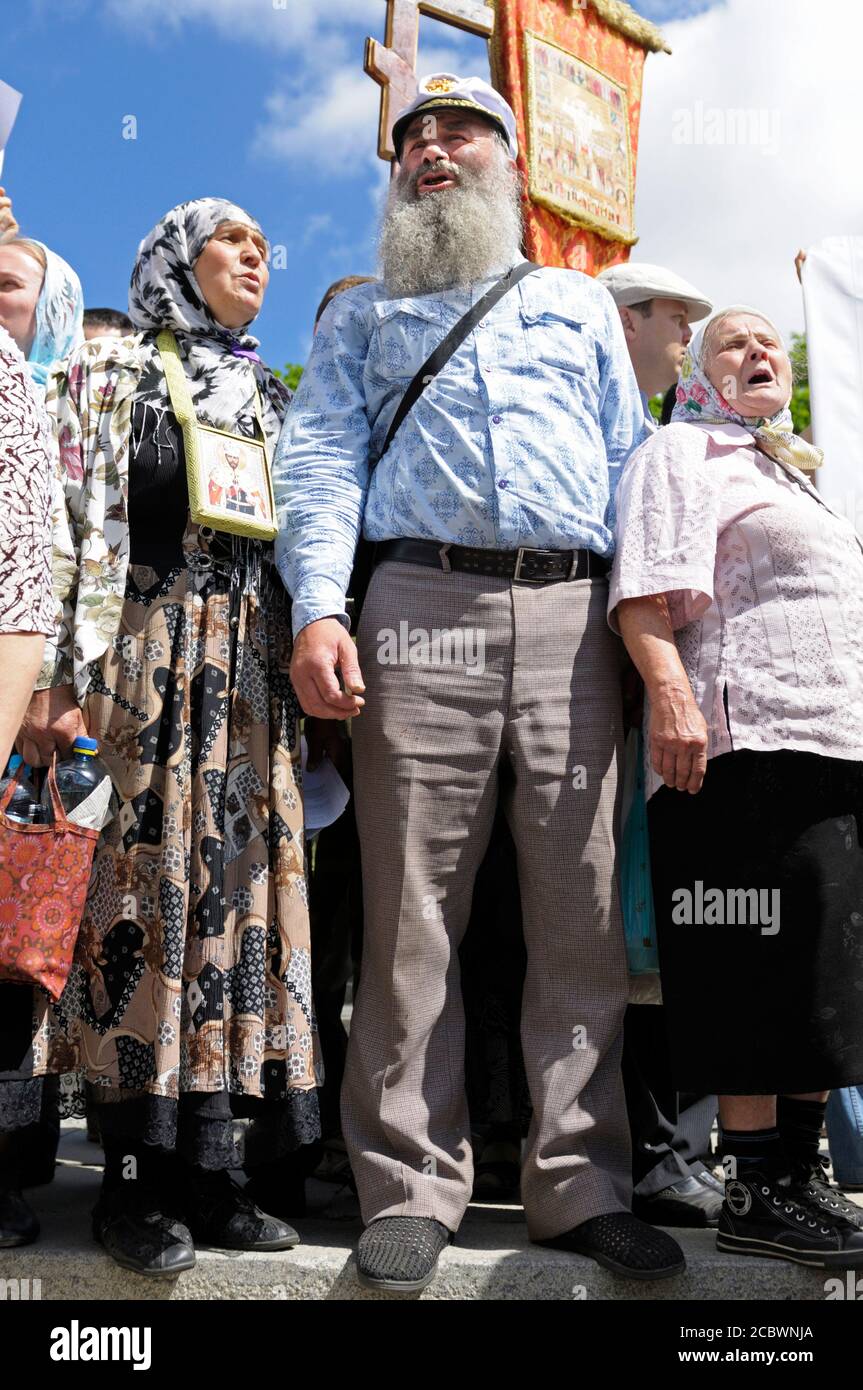The question of the number of Greek Orthodox followers worldwide is an intriguing one, rich with implications and far-reaching depths. As the largest religious entity in Greece and a significant denomination across various geographic locations, the Greek Orthodox Church represents not just a faith but a tapestry of culture, history, and identity for millions. The Greek Orthodox community is predominantly concentrated in Greece, but its presence echoes throughout the global diaspora, influenced by factors such as migration, historical ties, and ongoing cultural exchanges.
Numerous estimates suggest that there are approximately 300 million Orthodox Christians worldwide, with the Greek Orthodox Church accounting for a substantial segment of these believers. Scholars posit that there are around 10 to 15 million adherents of the Greek Orthodox Church specifically. This figure may seem modest compared to the vast populations of other Christian groups but magnifies when considering the cultural and historical weight this community bears. The Greek Orthodox Church is a pivotal pillar of the Eastern Orthodox tradition, which itself claims a long lineage tracing back to the earliest foundational years of Christianity.
To comprehend the significance of this number, one must delve deeper into what it means to belong to the Greek Orthodox faith. Greek Orthodoxy is more than mere attendance at services; it embodies a way of life steeped in rituals, traditions, and an unyielding connection between the sacred and the mundane. Each member becomes part of an intricate network intertwined with centuries of theological discourse, artistic expression, and communal life. The church serves various roles, not just as a religious institution but also as a bastion of Greek identity, especially in regions where they are a minority, thus spotlighting the dual nature of belonging.
The demographic distribution of Greek Orthodox followers is compelling. Predominantly, they reside in Greece, where about 98% of the population identifies as Orthodox Christian. Yet, the diaspora reaches far beyond the borders of this nation. Significant populations exist in the United States, Canada, Australia, and parts of Europe, particularly in countries like Albania and Turkey, where Greek Orthodox Christians maintain a historical presence. Areas like the United States have a notable Greek Orthodox community, with numerous churches serving as focal points for cultural preservation and theological education.
The historical context adds layers to the demographics of the faithful. The Great Schism of 1054 C.E. established a fissure between the Roman Catholic Church and the Eastern Orthodox Church, leading to a long-standing theological, social, and political divide. Each church developed its own jurisdiction, liturgical practices, and ecclesiastical governance structures. For the Greek Orthodox, the Patriarchate of Constantinople, now located in Istanbul, remains a significant spiritual authority, navigating the complexities of modernity while upholding ancient traditions.
Each year, thousands of faithful gather to celebrate key moments in the liturgical calendar, such as Pascha (Easter), an event laden with rich customs that highlight the depth of their faith. The rituals surrounding Pascha are replete with symbolism, drawing from the resurrection of Christ to foster not just personal reflection but also communal unity. Spectacular midnight services, the lighting of candles, and the sharing of traditional foods are just a few threads that bind believers together within this rich tapestry of faith.
A key observation is the resilience shown by the Greek Orthodox Church amid modern challenges. With increasing secularism permeating societies across the globe, many religious traditions, including Greek Orthodoxy, face existential questions about relevance and continuity. Yet, the enduring appeal of the Greek Orthodox faith may be attributed in part to its strong community framework and adherence to traditions that provide a sense of belonging. In a world often characterized by fragmentation and isolation, the church offers a communal identity that unites individuals across temporal and spatial boundaries.
This persistence invites contemplation about the future trajectory of the Greek Orthodox Church and its global followers. The phenomenon of migration has succeeded in embedding the faith in diverse sociocultural landscapes. For many in diaspora communities, the church remains a sanctuary not only for spiritual sustenance but also for cultural affirmation. Each congregation serves as a microcosm of Greek heritage, where language, customs, and a shared history converge to create a haven for believers far from their cultural roots.
Furthermore, the diaspora encapsulates a paradox. While much of the congregation in prominent diaspora regions may seem to meld into broader secular societies, the connections to their faith remain profound and often renewed. This scenario poses questions on the adaptability of doctrine. How does the Greek Orthodox Church maintain its theological integrity while navigating the social currents of diverse cultures? The answer lies in a delicate balance, an age-old dialogue between tradition and modernity.
No exploration of the Greek Orthodox Church would be complete without acknowledging its rich theological heritage. Greek Orthodoxy emphasizes the importance of theosis, or divinization, which posits that the ultimate goal of human existence is to become one with God. This objective fuels not just personal piety but also a collective aspiration towards transcending earthly struggles, a theme that resonates across generations. Such mystical simplicity continues to draw individuals into the embrace of the faith, assuring them of their place within the broader narrative of salvation history.
In summary, the inquiry into the number of Greek Orthodox followers worldwide illuminates not only the statistics themselves but also the myriad experiences that underlie those figures. As this vibrant community bears witness to the nuances of faith, it evolves perpetually, adeptly intertwining the threads of tradition, culture, and theology. Whether in Greece or dispersed across the globe, Greek Orthodox Christians endeavor to cultivate a rich spiritual life, reaffirming their identity amidst a complex and ever-changing world. Indeed, the journey of the Greek Orthodox Church is as much about its followers as it is about the faith they embody, reflecting back to us the profound impact of shared belief in human life.



